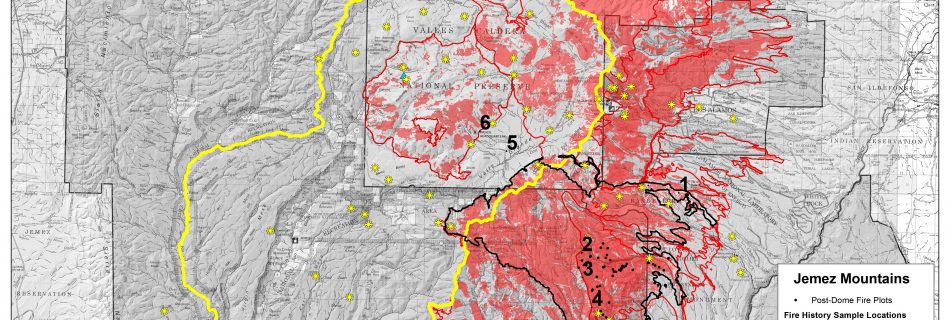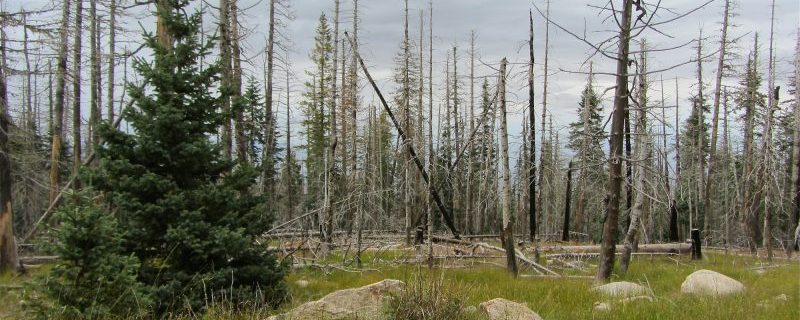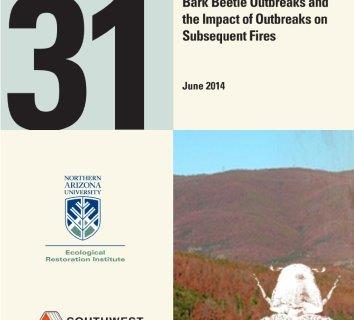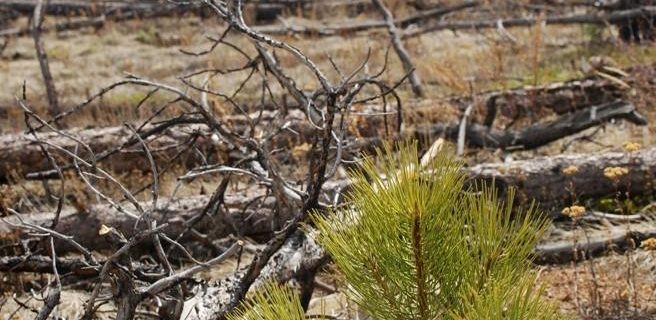February 25, 2015: Fire and climate history of the western San Juan Mountains, Colorado: Integration of tree-ring and alluvial-sediment methods
Presenter: Erica Bigio, University of Arizona This webinar presents research on the historical fire regimes of the western San Juan Mountains in southwestern Colorado, where the landscape provided a unique opportunity to sample tree-ring and alluvial-sediment records in the same study sites. Knowledge of historical fire regimes (frequency, size, severity) can help support management plans …




